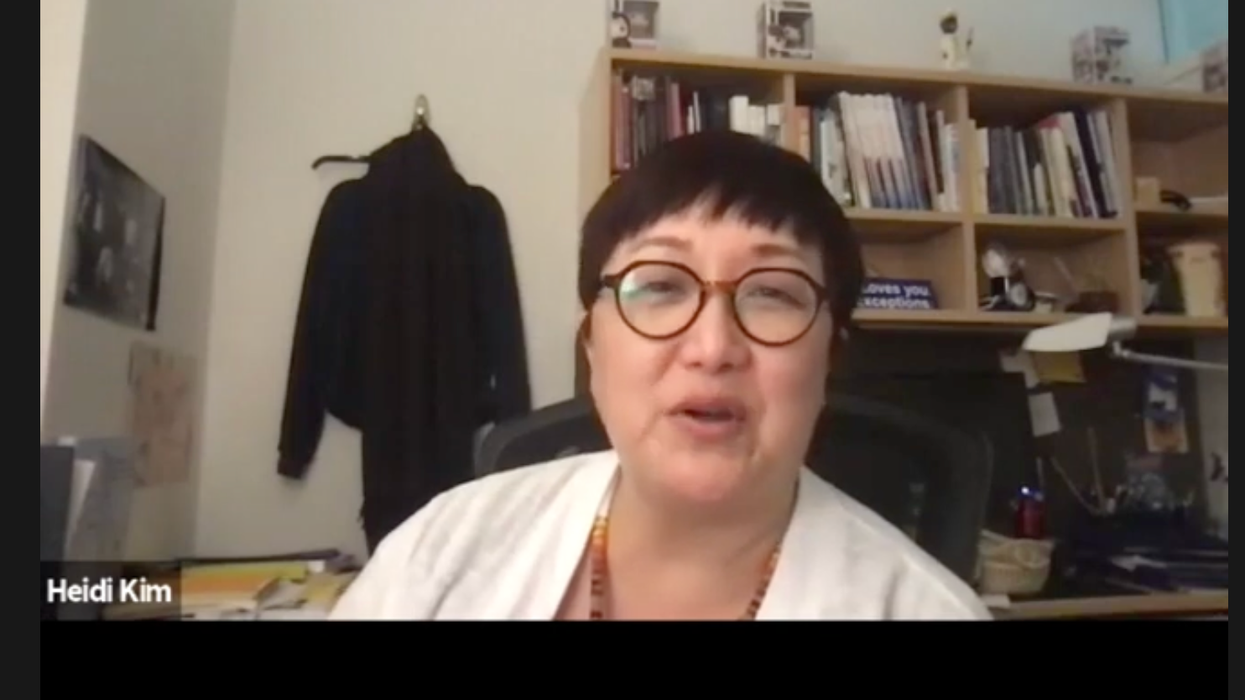Mastermind Alumni Network Member and close friend of the Bridge Alliance, Heidi Kim, talks about what real diversity efforts look like and the importance of relationships. This clip is from an exclusive series of JODIE (Justice, Opportunity, Diversity, Inclusion and Equity) webinars hosted by Bridge Alliance. This series is centered on encouraging and equipping leaders/organizations in the democracy field towards expansion of diverse, inclusive and equitable practices. Heidi begins the conversation by answering the question, "How do you help people understand what diversity, equity and inclusion is?
Video: How do you help people understand what diversity, equity and inclusion is?











 "On the Frontlines of Democracy" by Nonprofit Vote,
"On the Frontlines of Democracy" by Nonprofit Vote,








Trump & Hegseth gave Mark Kelly a huge 2028 gift